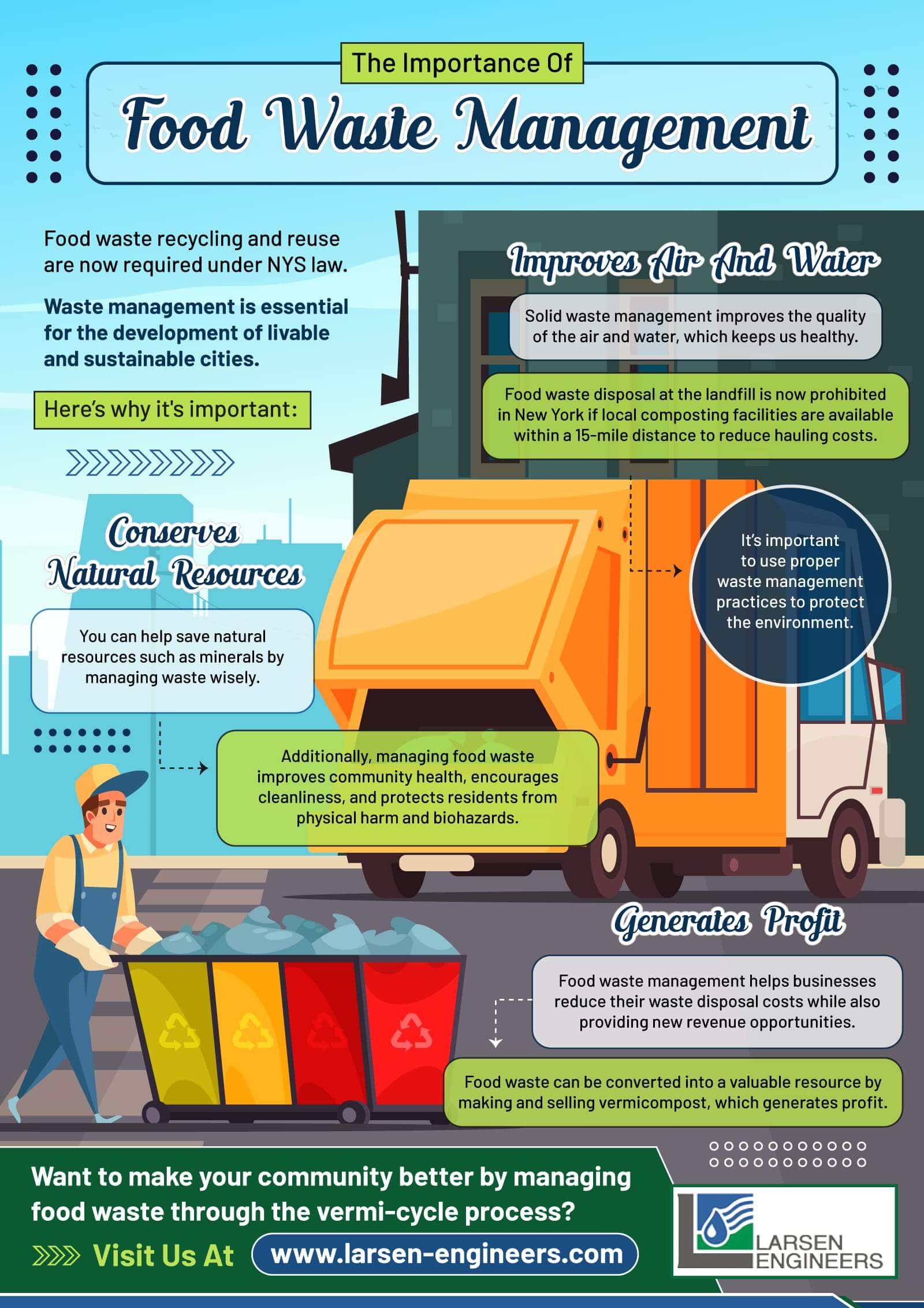7 Easy Facts About Reclaim Waste Shown
7 Easy Facts About Reclaim Waste Shown
Blog Article
The Reclaim Waste Statements
Table of ContentsSome Known Questions About Reclaim Waste.Getting My Reclaim Waste To WorkThe smart Trick of Reclaim Waste That Nobody is Talking About8 Easy Facts About Reclaim Waste ShownThe Ultimate Guide To Reclaim Waste
Discover the types, events, and kinds of liquid waste. Residential sewer waste describes the waste and products from a residential septic system. This kind of waste is created by people in houses, schools, and other buildings. This only consists of septic systems that have a drainpipe area. The correct management and disposal of domestic sewage waste require fluid waste to be moved to a sewage therapy plant where the proper techniques and devices are applied to cleanse and take care of waste.
Business waste frequently includes potential dangers, such as combustible products or a combination of liquid and solid waste items, and needs an advanced and thorough disposal procedure. The disposal of commercial waste commonly includes the filtration of waste prior to transport to make certain secure and correct disposal. Industrial waste is produced from results and drainage of commercial processes and production.
This sort of waste can not use the very same sewage management transport or procedures as septic or commercial liquids. The industrial waste monitoring process calls for the examination and testing of liquid waste before it goes through the disposal process (liquid waste disposal). Drainage waste is the liquid waste that originates from runoff and excess stormwater in extremely inhabited locations or cities
Drainage waste can trigger contamination and flooding otherwise taken care of effectively. Find out more concerning sewer cleaning and waste administration. Making sure proper waste monitoring can stop catastrophes and minimize environmental harm. Both individuals in residential settings and professionals in business or manufacturing markets can take advantage of understanding the procedures and regulations of fluid waste monitoring.
The Ultimate Guide To Reclaim Waste
Get in touch with PROS Providers today to find out about our waste monitoring and disposal solutions and the proper ways to look after the fluid waste you generate.
(https://www.pubpub.org/user/leon-aube)
This so-called 'wastewater' is not just a crucial resource however, after therapy, will certainly be released to our land, waterways or the ocean. Utilized water from commodes, showers, bathrooms, kitchen sinks, laundries and commercial processes is recognized as wastewater.

water used to cool equipment or clean plant and equipment). Stormwater, a type of wastewater, is drainage that streams from agricultural and urban areas such as roofing systems, parks, yards, roadways, courses and gutters right into stormwater drains, after rain. Stormwater flows untreated directly to local creeks or rivers, at some point reaching the ocean.
Not known Details About Reclaim Waste
In Queensland, many wastewater is dealt with at sewage treatment plants. Wastewater is transferred from residential or industrial sites with a system of drains and pump terminals, understood as sewage reticulation, to a sewer treatment plant.
The Department of Natural Resources advises neighborhood federal governments regarding handling, operating and maintaining sewage systems and treatment plants. In unsewered locations, regional governments may need homeowners to install individual or house sewage treatment systems to deal visit our website with residential wastewater from toilets, cooking areas, restrooms and laundries. The Department of Natural Resources authorizes making use of family systems when they are confirmed to be reliable.
Many stormwater gets no treatment. In some brand-new communities, treatment of some stormwater to get rid of litter, sand and crushed rock has begun utilizing gross contaminant catches. Wastewater treatment takes place in 4 phases: Removes solid issue. Larger solids, such as plastics and other things incorrectly released to sewage systems, are removed when wastewater is passed with screens.
Wastewater after that flows into large tanks where solids settle and are gotten rid of as sludge. Oil and residue are skimmed from the surface area. Utilizes little living microorganisms knows as micro-organisms to damage down and get rid of staying dissolved wastes and fine fragments. Micro-organisms and wastes are included in the sludge. Gets rid of nitrogen and phosphorus nutrients that could cause algal flowers in our rivers and intimidate marine life.
Reclaim Waste Fundamentals Explained
Nutrient removal is not offered at all sewage treatment plants due to the fact that it needs expensive specialized tools. Clear fluid effluent generated after treatment may still have disease-causing micro-organisms - liquid waste disposal melbourne.

This generally indicates wastewater needs to be dealt with or contaminants gotten rid of before it can be discharged to rivers. Most wastewater streams right into the sewage system. Under the Act, city governments administer authorizations and permits for ecologically relevant tasks (Ages) entailing wastewater launches that might have a local impact. The department administers authorizations and permits to Periods including wastewater launches that could have a local or statewide influence.
The 4-Minute Rule for Reclaim Waste
Otherwise, samples are taken for research laboratory analysis. Often many tests are required to establish the levels of each of the various toxins such as oils, heavy steels and pesticides in water. Tracking supplies factual details regarding water top quality and can confirm that permit conditions are being fulfilled. The details gotten through monitoring provides the basis for making water high quality decisions.
Report this page